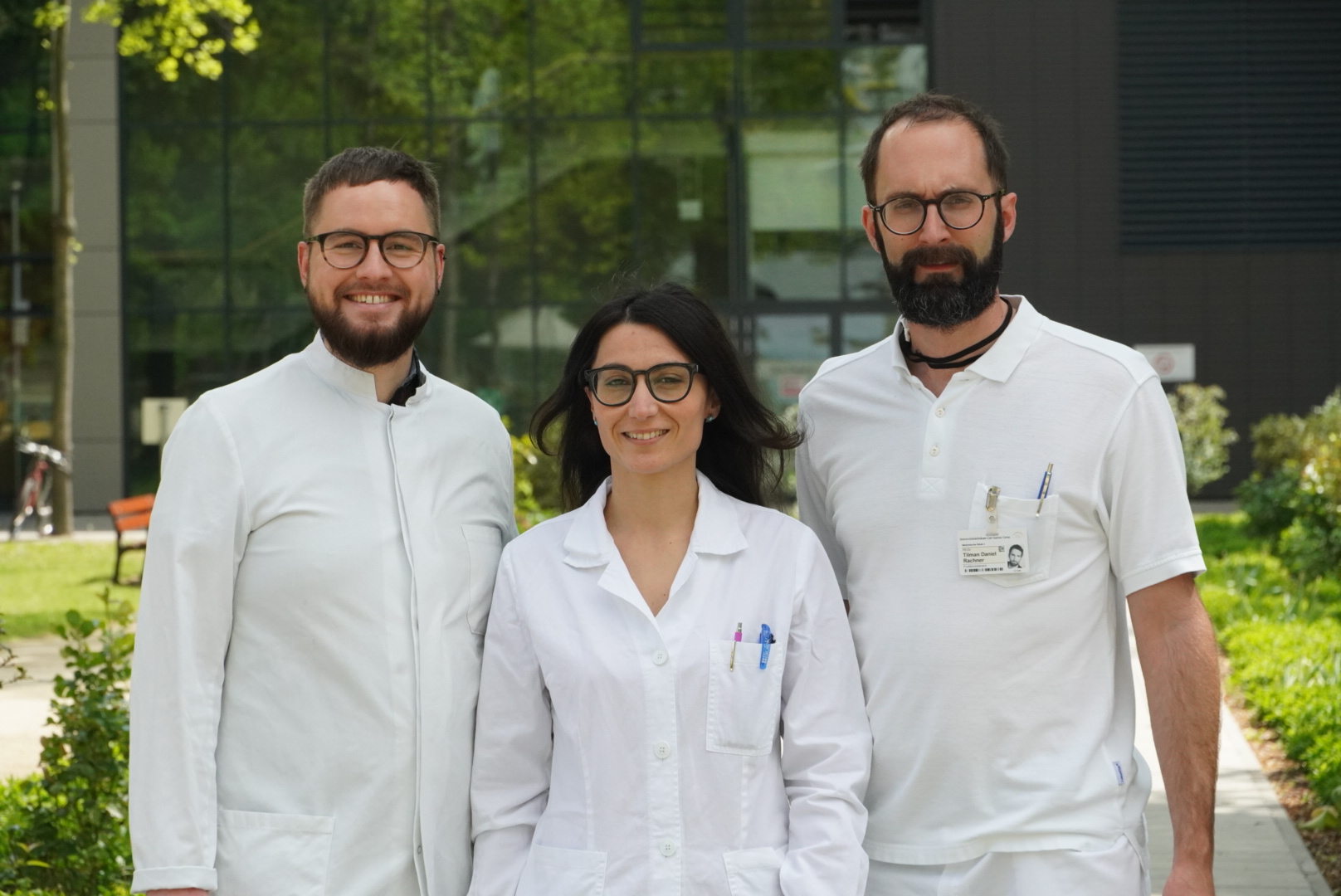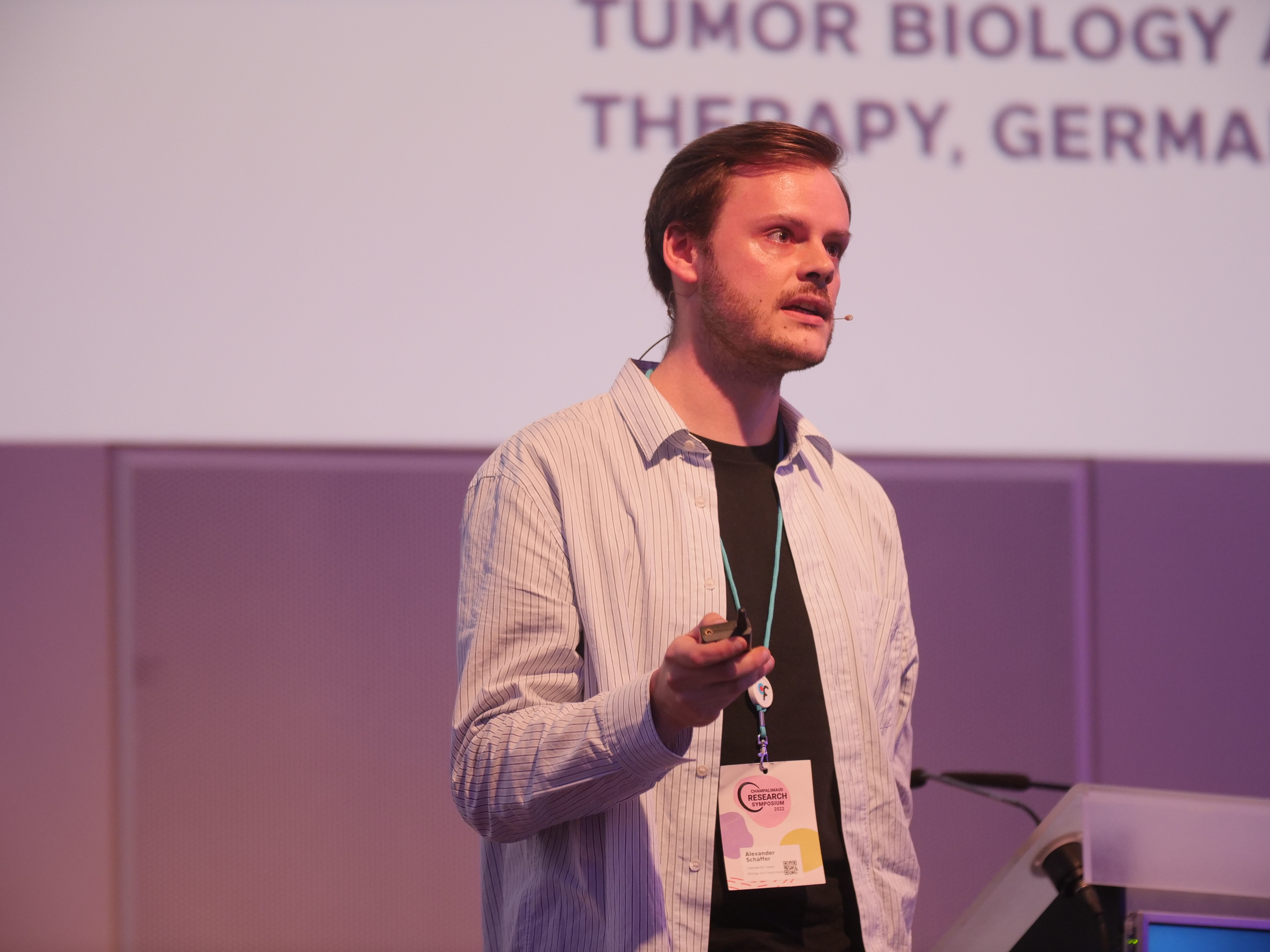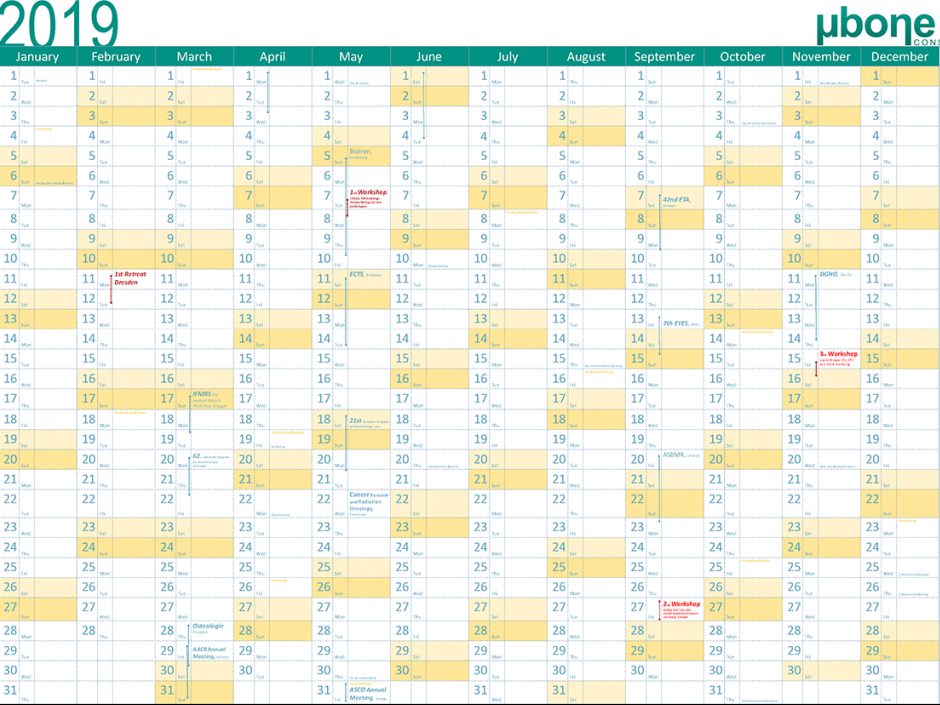The DKK-1 team stays stubborn
by Andy Göbel, Stefania Dell’Endice, and Tilman Rachner, TU Dresden
Not only our normal lives have been and are still affected by the pandemic outbreak of SARS-Cov-2 and the accompanying restrictions such as social distancing – also our work as researchers has changed over the last weeks. A temporary lab shutdown forced us to stop experiments and to shift the focus on reading papers, update data, finish manuscripts and to struggle with countless forms of distractions such as Netflix and Co. However, we are like the protein we are working on in our research project: “dickköpfig” (German for “stubborn”). Hence, despite these challenging times we are trying to stay strong and to keep our research momentum. Yet, as most of the people try, also members of our team see the positive aspects of these special times.
We have asked ourselves “As a scientist and a person, what was your personal silver lining during the last weeks?”
“I was very excited as to whether or not I would be able to work from home and to be productive. At the end, I learned that the most important aspect is to define a clear individual structure and to fix a deadline that is communicated with your colleagues. I was able to submit a paper on some old data where I didn’t have the time before. And it was also a positive experience to appreciate the little things such as funny video phone calls with the family, running in the nature, rediscovering board games and trying new cooking recipes”, Andy reports.
“At the beginning, it was a bit difficult. I had to stop the new experiments, to rearrange my working days at home and to set different daily goals. However, then, this new challenge turned into a great opportunity for me. It was a productive period because I was able to study and focus more, and go deeper in things for which I usually do not have enough time for. I also enjoyed a part of my time preparing a lot of cooking recipes, listening to music, reading books and watching movies and I learned that we should spend our time in a more meaningful way even in times with no crisis”, Stefania sums up her experiences.
“As a clinician, researcher and family man I faced the personal challenge of combining the additional clinical duties implemented by the emergency plan within our clinic, keeping our research ongoing and organizing childcare at times where Kindergartens and Schools were closed. However, I experienced an increased team spirit and unknown openness of colleagues to find unconventional solutions for new problems. So retrospectively, this crisis was a great chance to recapitulate on the things that are most important to myself and to strengthen and deepen the interaction with colleagues, friends and family”, concludes Til.




